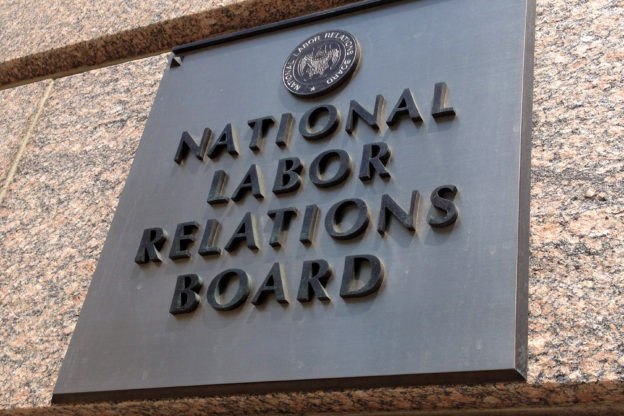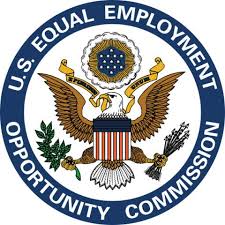
Brian Mumaugh
In a 5-to-4 decision, the Supreme Court ruled that service advisors at car dealerships are exempt from overtime pay under the Fair Labor Standards Act (FLSA). In an opinion written by Justice Thomas, and joined by Justices Roberts, Kennedy, Alito and Gorsuch, the Court determined that service advisors are salesmen who are primarily engaged in servicing automobiles, putting them within the FLSA exemption language. Encino Motorcars, LLC v. Navarro.
Service Advisors Challenged Exempt Status
In 1961, Congress amended the FLSA to exempt all employees at car dealerships from overtime pay. A few years later in 1966, however, Congress narrowed the car dealership exemption so that it no longer exempted all dealership employees but instead applies only to “any salesman, partsman, or mechanic primarily engaged in selling or servicing automobiles, truck, or farm implements, if he is employed by a nonmanufacturing establishment primarily engaged in the business of selling such vehicles or implements to ultimate purchasers” (as currently written). Until 2011, federal courts and the Department of Labor (DOL) interpreted that exemption to apply to service advisors.
In 2011, however, the DOL issued a new rule stating that a service advisor was not a “salesman” under the FLSA exemption. This new interpretation ran contrary to 50-years of precedent and threw auto dealerships a curve ball. In 2012, service advisors at a Mercedes-Benz dealership in Los Angeles sued their employer, alleging that their regular work hours were 7 a.m. to 6 p.m. resulting in a minimum of 55 hours per week for which they were owed overtime pay for all hours over 40 in a work week.
The Mercedes-Benz dealership moved to dismiss the complaint, arguing that service advisors were exempt under the FLSA language, despite the new DOL interpretation. The district court agreed and dismissed the lawsuit. The service advisors appealed and the Ninth Circuit Court of Appeals reversed, relying on the DOL’s 2011 rule. The dealership appealed to the Supreme Court who decided that the DOL’s rule could not be given deference as it was procedurally defective. On remand, the Ninth Circuit again ruled in favor of the service advisors, determining that Congress did not intend to exempt service advisors from overtime, in part because FLSA exemptions should be narrowly construed and the legislative history did not specifically mention service advisors. The case went up to the Supreme Court a second time.
Service Advisors Are Salesmen Engaged in Servicing Automobiles
The Supreme Court looked to the plain meaning of “salesman” as someone who sells goods and services. Because service advisors sell customers services for their vehicles, the Court stated that a service advisor “is obviously a ‘salesman.’”
The Court also decided that service advisors are primarily engaged in servicing automobiles because they are “integral to the servicing process.” The Court acknowledged that service advisors do not physically repair cars, but the justices decided that the phrase “primarily engaged in servicing automobiles” necessarily included individuals who do not physically repair automobiles, including service advisors.
In an interesting passage of the opinion, the Court rejected the Ninth Circuit’s statement that FLSA exemptions should be narrowly construed. Justice Thomas quoted his friend and former colleague, deceased Justice Antonin Scalia, “Because the FLSA gives no ‘textual indication’ that its exemptions should be construed narrowly, ‘there is no reason to give [them] anything other than a fair (rather than a ‘narrow’) interpretation.’” A fair reading of the FLSA, the majority concluded, focuses not only on the overall objective of the law but also on the stated exemptions. And the Court concluded that a fair reading of the automobile salesmen, partsmen, and servicemen exemption is that it covers service advisors.
Dissent Says Overtime Required, Unless Commission Exemption Applies
Justice Ginsburg wrote a dissent with which Justices Breyer, Sotomayor, and Kagan joined, stating that because service advisors neither sell nor repair automobiles, they should not be covered by the auto dealership salesman, partsman, and serviceman exemption. The dissent notes that many positions at dealerships are not covered by the exemption, including painters, upholsterers, bookkeepers, cashiers, purchasing agents, janitors, and shipping and receiving clerks. Consequently, the dissent stated that there are no grounds to add service advisors as a fourth category of dealership workers that are exempt, adding to the three positions explicitly enumerated in the FLSA exemption.
The dissent notes that many dealerships, including the Mercedes-Benz dealership in this case, compensate their service advisors on a primarily sales commission basis. According to the dissent, such commission-based positions could fall within the FLSA overtime exemption that applies to retail and service establishments where employees who receive more than half of their pay through commission are exempt from overtime pay, so long as each employee’s regular rate of pay is more than one-and-one-half times the minimum wage. The dissent concludes that even without the auto salesman, partsman, serviceman exemption at issue, many service advisors compensated on a commission basis would remain ineligible for overtime premium pay under the commission exemption.
Dealerships May Treat Service Advisors As Exempt
As a result of the Court’s ruling, car dealerships may continue to treat their service advisors as exempt from overtime under the FLSA. Dealerships should still review applicable state laws to ensure that the exemption applies under state wage law. It is also a good time to review written job descriptions to include service advisor duties that support their exempt status under this decision.





 By
By 
 By
By 







